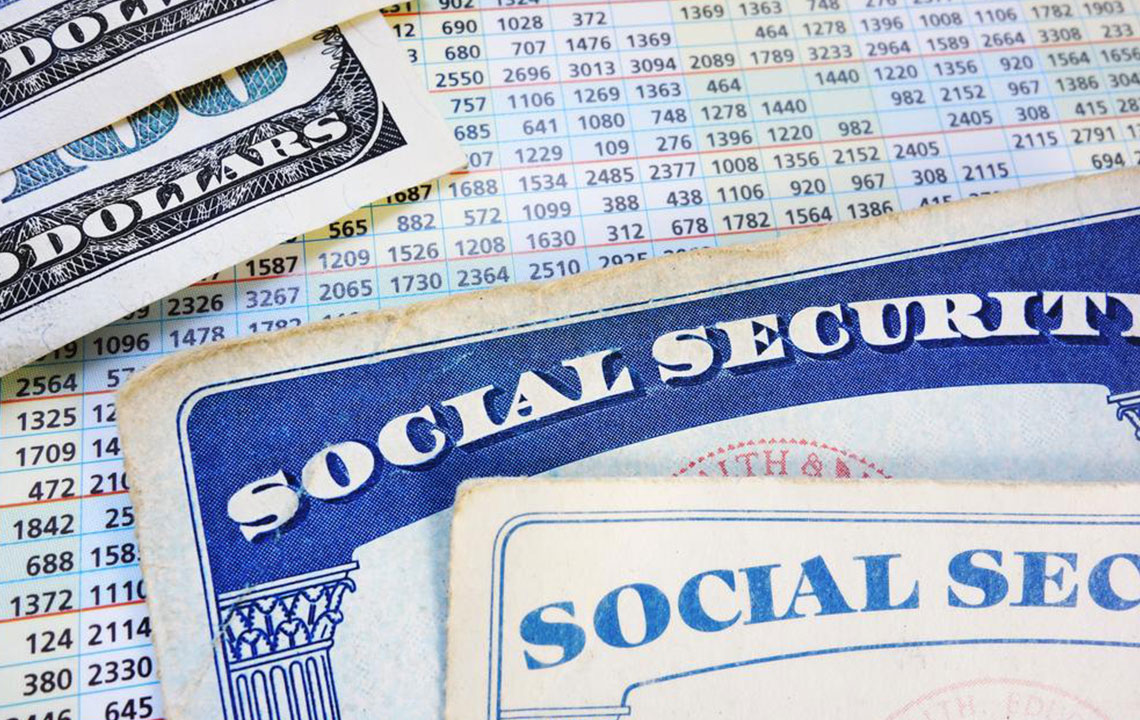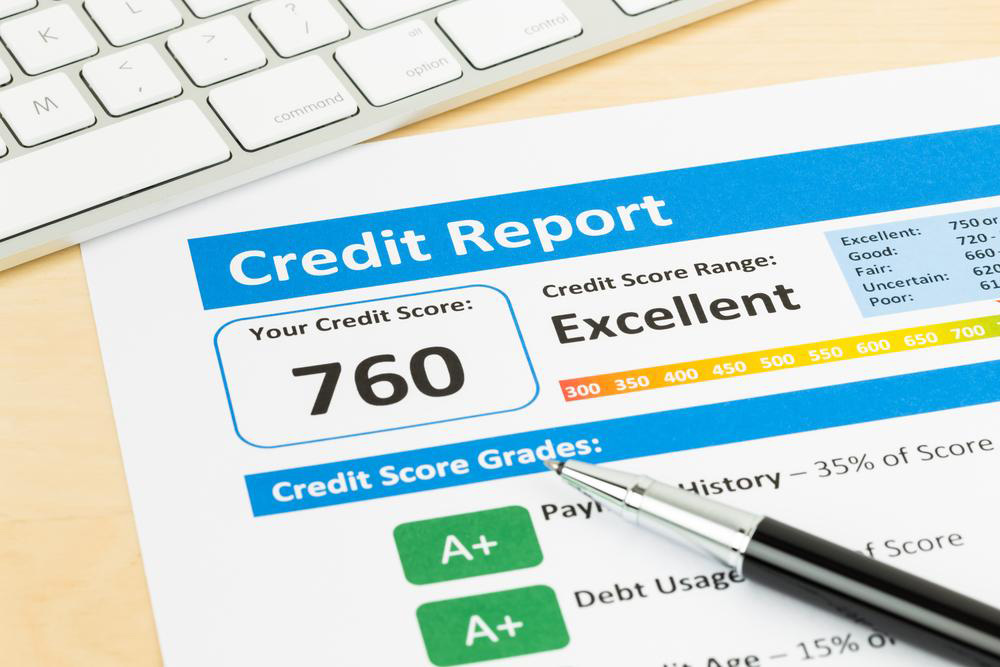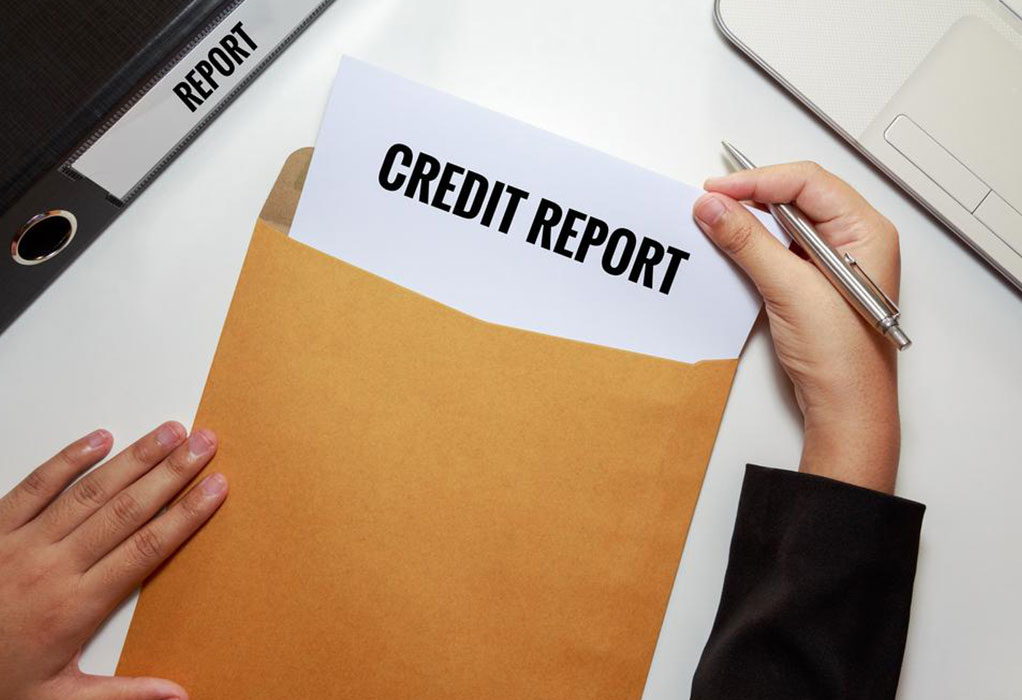Guide to Replacing Your Social Security Card If Lost
Learn how to replace a lost Social Security card quickly and securely. This guide covers the importance of the card, key uses, risks of loss, and the simple process to obtain a replacement through the SSA using various identification proofs. Protect your identity and avoid fraud by keeping your SSN safe and secure.

Understanding Social Security Cards and How to Replace Them When Lost
The Social Security number issued by the U.S. government acts as a unique identifier for individuals, facilitating many official and financial activities. The associated Social Security card contains personal identification details essential for various processes. You need this card in scenarios such as:
Gaining U.S. citizenship; or
Being born in the U.S.
If you are a U.S. resident or citizen, obtaining your Social Security card is essential before proceeding with other formalities. The number is crucial for verifying your identity across different sectors.
Here are key instances where your Social Security card is indispensable:
At Educational Institutions
When enrolling in college or university, you’ll need to present your Social Security card. This helps institutions verify your eligibility to study there.
Employment Purposes
Whether a citizen or resident, your Social Security card is necessary for employment verification. Employers require it to report wages via W-2 forms.
The card is also crucial for healthcare appointments, bank account opening, and credit applications.
At Healthcare Facilities
Healthcare providers typically ask for your Social Security number during appointments to ensure accurate medical records and for billing or insurance purposes.
Banking Needs
Bankers require your SSN to open accounts, assess your financial background, and process credit applications.
Applying for Credit Cards
When requesting a credit card, your credit history is reviewed against your Social Security number to determine creditworthiness.
Losing your Social Security card can lead to serious risks like identity theft. Thieves can misuse your personal details, including your financial and legal data, resulting in fraudulent activities like unauthorized credit or passport applications. Promptly obtaining a replacement is vital to protect yourself.
How to Replace a Lost Social Security Card
Getting a new Social Security card is straightforward and affordable. Visit the Social Security Administration (SSA), complete an application, and submit the required documents listed below:
Proof of identity includes:
State-issued non-driver ID; or
U.S. passport; or
U.S. driver’s license.
If unavailable, alternative documents are acceptable:
Military ID; or
Health insurance card; or
College ID; or
Employee ID.
Proof of age includes:
Birth certificate; or
Religious record with birth date; or
Hospital record; or
U.S. passport. If you resided outside the U.S., provide proof of your foreign residence.
Proof of U.S. citizenship can be:
Birth certificate; or
U.S. passport.
Immigration documents needed are:
Form I-551 with an unexpired foreign passport; or
I-766 employment authorization document; or
I-94 arrival/departure record or unexpired stamp in a foreign passport.
The SSA allows no more than 10 replacements in a lifetime. Your SSN remains unchanged, but protecting your identity is crucial—consider signing up for identity theft protection if your card is lost or stolen.
It’s best to keep your SSN card in a safe place and avoid carrying it unless necessary to prevent misuse and fraud.
Note:
Our blog offers comprehensive insights across various topics. While our research aims for accuracy, readers should consider the information as general guidance. Differences or updates in data and schemes may occur, so users should verify details through official channels. The site is not responsible for inaccuracies or missed opportunities.










